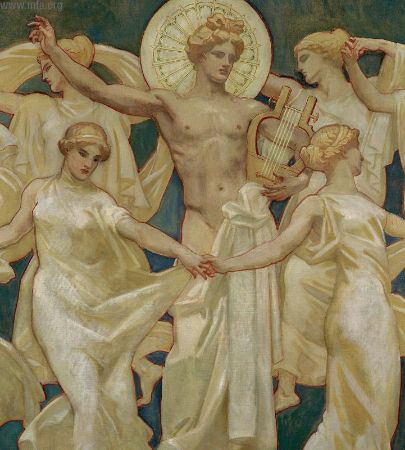 In a recent BLOG, a question was raised concerning writing novels based on an author’s direct experience. The crux of the matter was whether an author could remain objective while presenting situations that they had personally lived through. Would an author gloss over darker detailed to obscure their own warts, dimming the truth by shining it up? On that BLOG, I gave a cursory answer that needs elaboration in light of my own direct-experience novel — Surviving an American Gulag.
In a recent BLOG, a question was raised concerning writing novels based on an author’s direct experience. The crux of the matter was whether an author could remain objective while presenting situations that they had personally lived through. Would an author gloss over darker detailed to obscure their own warts, dimming the truth by shining it up? On that BLOG, I gave a cursory answer that needs elaboration in light of my own direct-experience novel — Surviving an American Gulag.Early drafts of Gulag were written in the first person, and although I assumed the name of Winslow Gibbs, I set out to express my thoughts directly to the reader through terse narrative — a narrative that I must admit was biased with a gay agenda. This is a case where the author has an axe to grind and does it at the expense of the reader’s enjoyment (it is a novel after all) and an overlay of themes that dull the senses to any compromise or rebuttal. I was marching through Georgia like Sherman, burning the world with my own opinions. I thought I was being objective. I presented myself as a fat slug, who went through an Army hell to survive, but in the end, I lost objectivity — that objectivity being the truth of novel authoring, which is to bend the truth for the sake of characterization and the reader’s pleasure.
 In the case of Surviving an American Gulag, I decided to recast the work in the 3rd person and draw the self-based protagonist — Winslow Gibbs, as any character that emerges from my pen. As a result, Winslow observes and experiences far more than I ever did, and without all the gay preaching. "It is what it is." The work is about surviving, not victimization. It presents basic hurdles that all young American men need to face — questions of sexuality, patriotism, loyalty, companionship, and peer pressure. In the 3rd person, I found warts I never knew I had until now — forty years after the fact.
In the case of Surviving an American Gulag, I decided to recast the work in the 3rd person and draw the self-based protagonist — Winslow Gibbs, as any character that emerges from my pen. As a result, Winslow observes and experiences far more than I ever did, and without all the gay preaching. "It is what it is." The work is about surviving, not victimization. It presents basic hurdles that all young American men need to face — questions of sexuality, patriotism, loyalty, companionship, and peer pressure. In the 3rd person, I found warts I never knew I had until now — forty years after the fact.Ultimately, an author needs to distance themselves from personal experience to engage the reader. In my opinion, the creative process is hampered when the author develops a character from the inside out. I must enjoy my characters and the situations that beset them. If I can’t enjoy the landscape, how can I expect my reader to sign on for a really good read? As Private Avila says: "There are white lies, black lies and pink lies." Well, there’s a fourth lie — a highly crafted, premeditated one. It’s called — a novel. Happy reading.
Edward C. Patterson
visit me at Dancaster Creative
http://www.amazon.com/dp/1438247230 (Paperback)
http://www.amazon.com/dp/B001BOST1G (Kindle)









